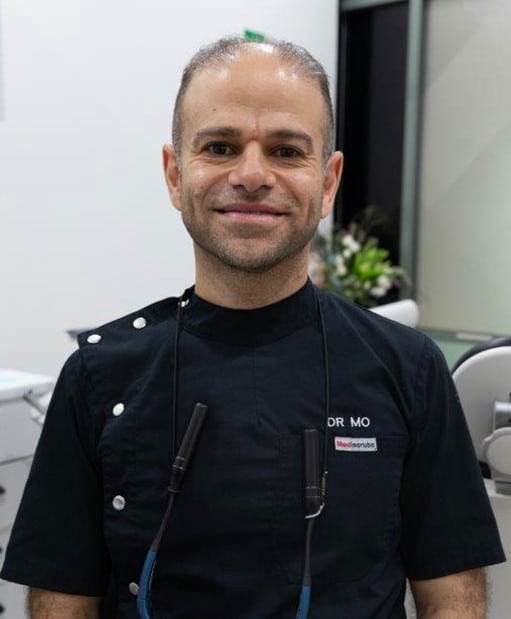Root Canal Services Browns Plains
In most cases, root canal treatment has a rate of success of over 90%. Not everyone is suitable for the procedure. Our dentists will always inform you if the risk of success is lower and compromised in any way. In most cases, it is a non-painful procedure contrary to urban myths.

Root Canal Therapy – Endodontic Treatment for Tooth Decay
The health of the inner pulp or “nerve” of your tooth can deteriorate if it is subjected to trauma or untreated decay. As a consequence, an abscess or pain may develop. At this point, your tooth may require either extraction. Extracting a tooth leaves a gap that might require an artificial replacement like a denture or implant – which is why saving your natural tooth with a root canal is so beneficial.
Sometimes a diseased (“non-vital”) tooth doesn’t show symptoms for years. It silently leeches pus and bacteria into the surrounding bones. Its effect on general health is obvious. A digital OPG X-ray is a valuable tool that can detect this condition. Modern root canal therapy can remove diseased tissue within the root canal and halt the spread of infection.
Procedure
With modern technology and equipment, root canal therapy can be completed in a single visit. However, for more difficult cases, up to three visits are required. The procedure involves drilling a small hole through the top of the tooth. This allows access to the inner chamber of the tooth. for thorough cleaning.
All diseased tissue and bacteria are removed in the cleanse. Then the chamber is measured, shaped, and disinfected. The chambers are now ready to be filled and sealed off from the external environment.
After root canal treatment, the tooth no longer has a supply of blood and minerals. This causes the tooth to become brittle. If the tooth is subjected to high forces and constant pressure, it is recommended to have the tooth crowned.
Crowning protects and strengthens the tooth. Most patients who have root canal treatment experience little to no discomfort or pain. Before long, you’ll enjoy the benefits of a restored tooth. One that can last as long as a healthy natural tooth.
We provide an obligation-free quote before you proceed with any dental treatment. This quote outlays the item numbers and service fees of all the dental procedures required as part of your treatment. If you have private health cover, our HICAPS terminal allows for immediate health fund claims. Be sure to let us know if you are a BUPA platinum member, NIB member, HCF member, or TUH health fund member so that we can give you an accurate quote.
Meet Dr. Mo El Hazek, Our Root-Canal Therapy Expert
B.Sc, M.Sc (Endodontics) | Member ASE, AAE
Dr. Mo graduated as a dentist in 2000 and completed a Master’s degree in Endodontics in 2009. He spent nearly two decades in Egypt practising as a specialist endodontist before bringing his expertise to Australia, where he has provided high-quality care for almost a decade. His practice centres on microscope-guided root-canal therapy and complex retreatments—including perforation repairs and instrument-removal cases—delivered efficiently and comfortably for patients.
Committed to keeping pace with the latest techniques, Dr. Mo maintains active membership in both the Australian Society of Endodontology (ASE) and the American Association of Endodontics (AAE), ensuring his patients benefit from current, evidence-based care.

Root Canal FAQ’s
How successful are root canals?
In most cases, root canal treatment has a rate of success of over 90%
What is a root canal treatment?
The procedure involves drilling a small hole through the top of the tooth. This allows access to the inner chamber of the tooth for thorough cleaning internally. All diseased tissue and bacteria are removed in the cleanse. Then the chamber is measured, shaped, and disinfected. The chambers are now ready to be filled and sealed off from the external environment.
When is a root canal necessary?
The health of the inner pulp or “nerve” of your tooth can deteriorate if it is subjected to trauma or untreated decay. As a consequence, an abscess or pain may develop. At this point, your tooth may require either extraction. But you can save your tooth with root canal treatment.
